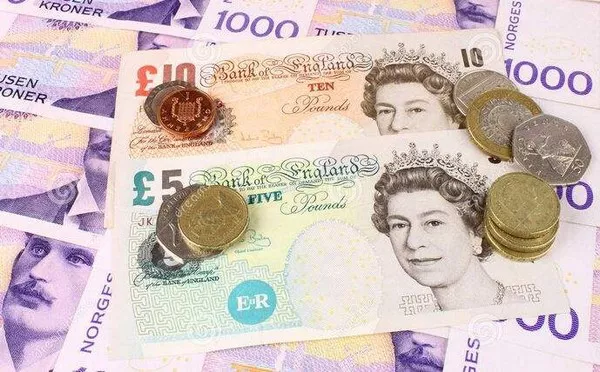Currency exchange rates are essential for businesses and individuals who deal with foreign currencies. One such currency pair is the Pound Sterling and Australian Dollar. The exchange rate between these two currencies is highly relevant for anyone who is involved in cross-border trade or travel between the UK and Australia. In this article, we will discuss the exchange rate between the Pound Sterling and Australian Dollar, what factors affect the exchange rate, and how to get the best exchange rates.
Current exchange rate:
The current exchange rate between Pound Sterling and Australian Dollar is 1 GBP = 1.8504 AUD (as of May 11th, 2023). This means that if you want to buy 1 Pound Sterling, you will need to pay 1.8504 Australian Dollars. Similarly, if you want to sell 1 Pound Sterling, you will get 1.8504 Australian Dollars. The exchange rate between these two currencies is subject to change due to several factors, including economic and political developments in both countries.
Factors that affect the exchange rate:
There are several factors that can affect the exchange rate between the British pound (GBP) and the Australian dollar (AUD). Here are some of the most significant ones:
- Economic Indicators:
One of the most important factors that affect the exchange rate between the GBP and AUD are the economic indicators of both countries. For example, if the UK’s economy is performing well, investors are likely to purchase more GBP, causing the GBP to AUD exchange rate to increase. Similarly, if Australia’s economy is doing well, investors will purchase more AUD, causing the GBP to AUD exchange rate to decrease.
- Interest Rates:
Interest rates are another major factor that affect exchange rates. Higher interest rates attract foreign investors, as they can earn a higher return on their investment. When the Bank of England raises interest rates, for instance, it can lead to an increase in the demand for the GBP, which can then lead to an increase in its value relative to the AUD.
- Political Stability:
Political stability is also a crucial factor in determining exchange rates. A stable political environment is essential for economic growth, and political turmoil can create uncertainty in financial markets, leading to a decrease in the value of a currency. Therefore, if the UK or Australia is experiencing political instability, it can negatively impact their currency’s value relative to the other.
- Trade Relationships:
The trade relationships between countries can also impact the exchange rate. For example, if the UK is a significant importer of goods from Australia, then there will be an increase in demand for the AUD. On the other hand, if the UK is a major exporter to Australia, then there will be an increase in demand for the GBP.
- Commodity Prices:
As Australia is a major exporter of commodities, such as gold, coal, and iron ore, the prices of these commodities can have a significant impact on the value of the AUD. When commodity prices are high, Australia’s economy tends to perform well, leading to an increase in demand for the AUD and a decrease in the GBP to AUD exchange rate.
- Market Sentiment:
Finally, market sentiment is another factor that can affect exchange rates. If investors believe that a currency will perform well in the future, they may purchase more of it, leading to an increase in its value. Conversely, if investors believe that a currency will perform poorly, they may sell it, leading to a decrease in its value.
How to get the best exchange rates:
Getting the best exchange rate when converting Pound Sterling to Australian Dollars or vice versa can save you a lot of money. Here are some tips to get the best exchange rates:
- Use a reputable exchange service: Look for exchange services that are licensed and regulated. They often offer better exchange rates and lower fees than banks.
- Keep an eye on the exchange rate: Monitor the exchange rate between the Pound Sterling and Australian Dollar regularly. Exchange rates are subject to change quickly, and getting the best rate requires timing.
- Avoid exchanging money at the airport: Airports typically have poor exchange rates, so it’s best to avoid exchanging money there.
- Consider using a credit card: If you’re traveling, using a credit card can often give you a better exchange rate than exchanging cash.
Conclusion
The exchange rate between the Pound Sterling and Australian Dollar can fluctuate due to various factors, including economic and political developments in both countries. Keeping an eye on the exchange rate and using a reputable exchange service can help you get the best exchange rates. Understanding the factors that affect the exchange rate can help you make informed decisions about when to exchange currency.
Related Topics:
- Current GBP to INR Exchange Rate: What You Need to Know
- The Euro-Pound Sterling Exchange Rate: You Need to Know
- Pound to Rupee Exchange Rate: You Need to Know
- GBP/CAD Exchange Rates: What You Need to Know


























